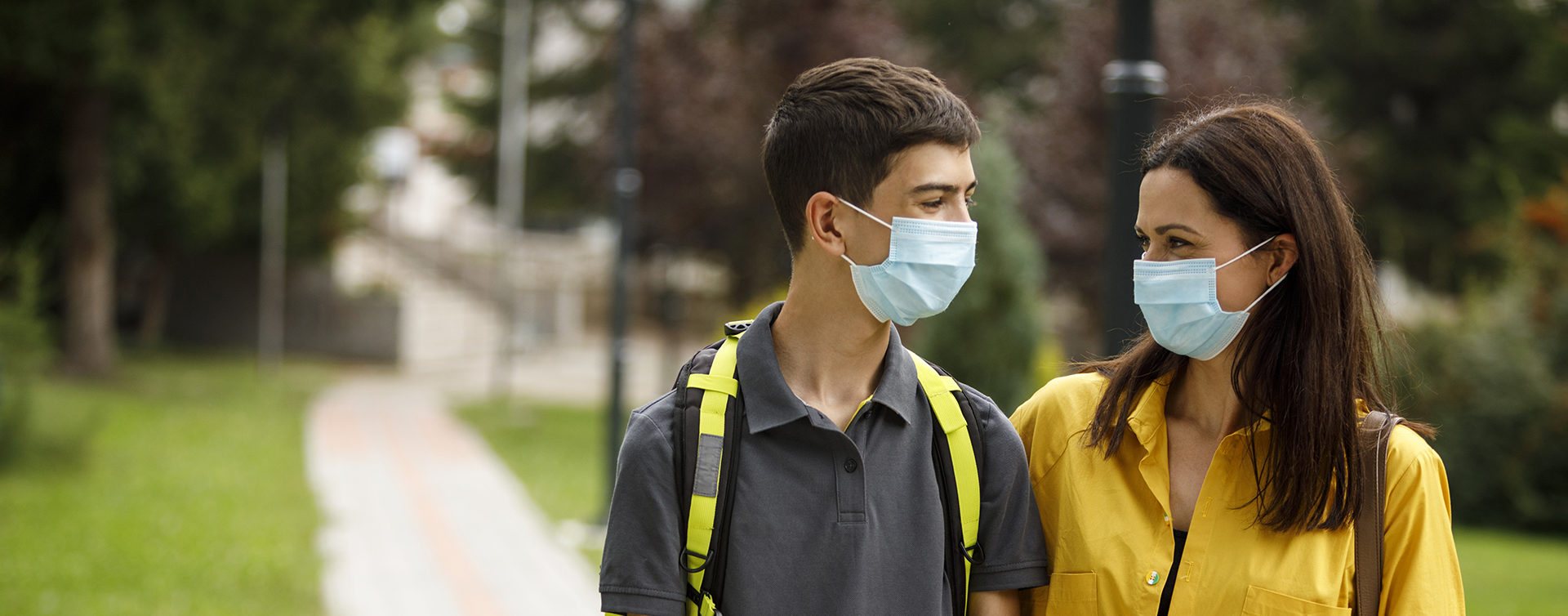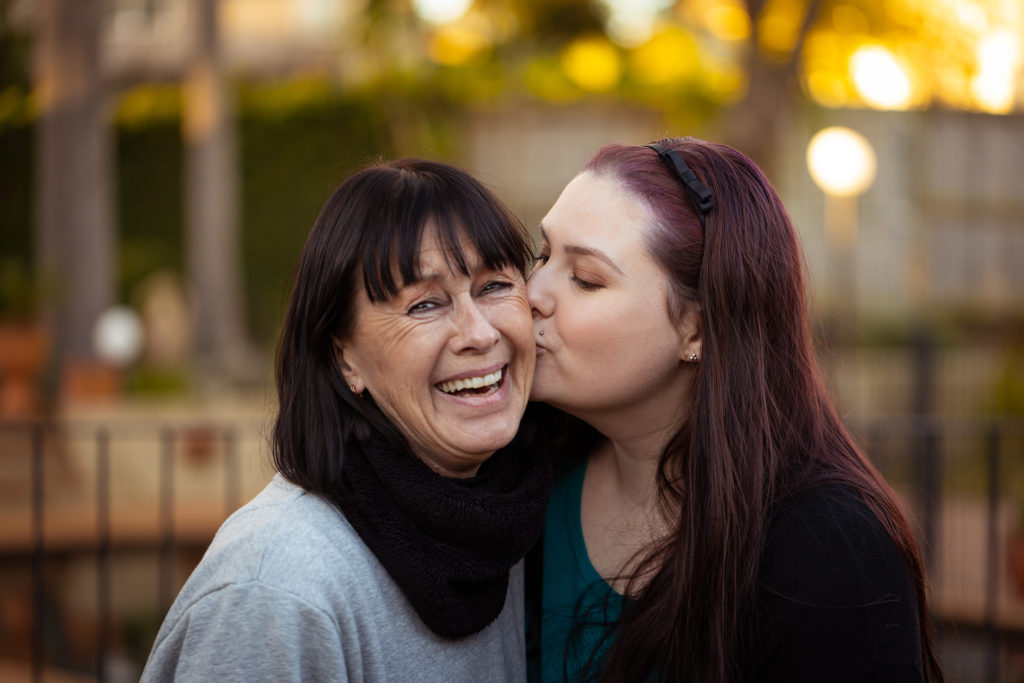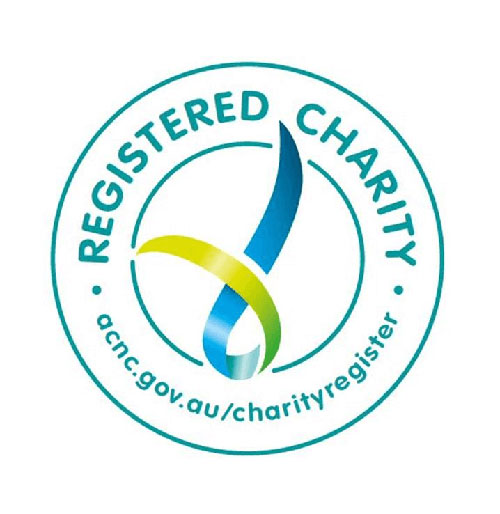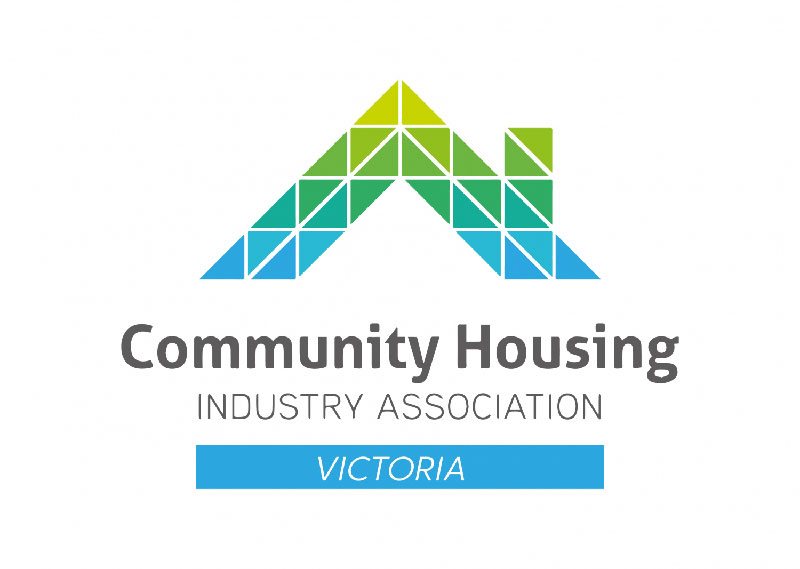Why we exist
We exist to provide secure and affordable homes for low income women and women led families, because they are least likely to have access to them.

The gender disparity
Appropriate and secure housing is a basic human need and right that is not being adequately met by the public or private sectors. Housing has never been more unaffordable.
Housing stress and homelessness are deeply gendered issues. The rate of homelessness is accelerating amongst women. The inherent financial disadvantage that women face limits their access to secure and affordable housing. This disadvantage is based on gender inequality and is experienced at every age and stage of a woman’s life.
Women earn less than men. They have limits on their ability to work full-time and they spend more time out of the workforce caring for children and the elderly – work that is unpaid and chronically undervalued in economic terms.

The facts
More women live in poverty than men – it’s that simple.
This gendered poverty is closely linked to housing crisis and homelessness. For vulnerable women, the tipping point into homelessness can be as simple as losing a job, the break-up of a relationship or the death of a partner. Not to mention a pandemic!
The statistics are harrowing:


